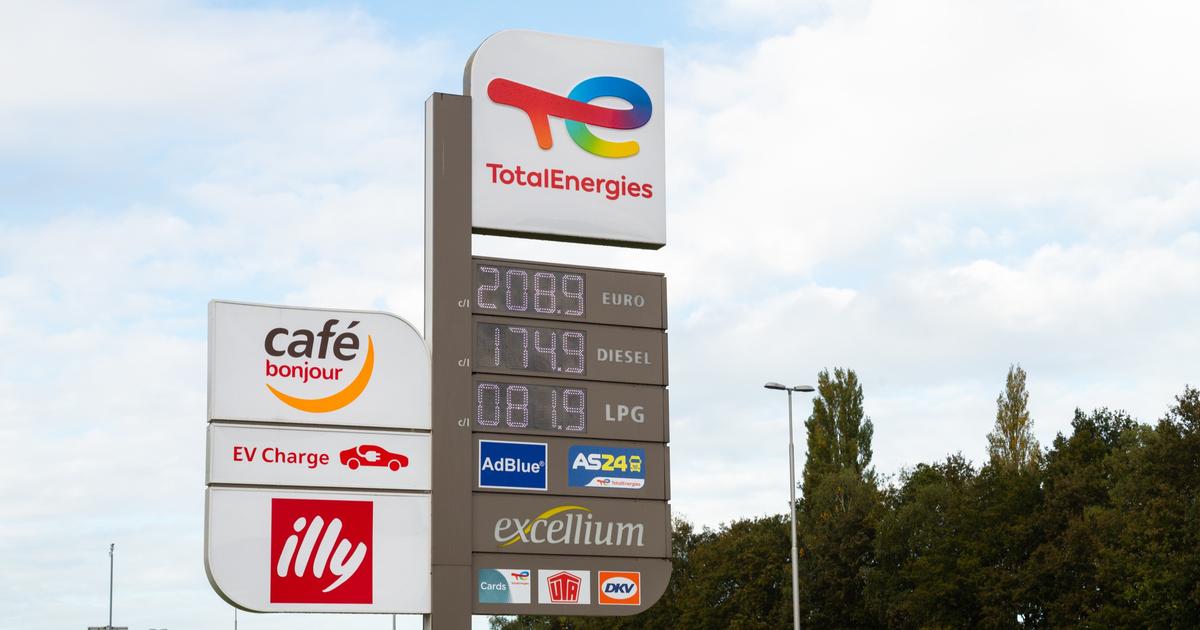SPIEGEL: Mr. Gern, after the attacks in Saudi Arabia, the prices on the international oil markets have shot up. More than five percent of world production will be lost until the refinery facilities are repaired. Do consumers now have to adjust to higher prices for heating oil, gasoline and diesel?
Klaus-Jürgen Gern: No - as long as this attack was a unique event. The attack shocked the market, which showed the first reaction on Monday morning. But then the price has returned to normal within a few hours. Now we see a significant increase over last Friday. But the price of oil is still in the range we saw several times this summer. Last year, crude oil was on average even more expensive than it is now. The great panic has so far failed.
S SPIEGEL: Because the supply on the world market is big enough?
Gern: Consumers do not have to worry about acute bottlenecks. The stores in many consumer states are well filled. This can be used to compensate for Saudi production losses in the short term. In the medium term, countries such as the United Arab Emirates or Russia have untapped production capacity, which they can ramp up at any time - especially if it takes longer to restore Saudi assets.
SPIEGEL: And in the long term?
Gern: Fundamentally, the situation on the oil market has not changed. For years, there has been a structural oversupply of crude oil. Fracking and other alternative technologies are driving up production capacity, especially in the US, but also in countries such as Brazil, Canada or Russia. This additional offer can more than compensate for problems in other states, such as Venezuela, where funding has collapsed.
SPIEGEL: In return, global demand for oil continues to rise.
Gern: Yes, but not as strong as expected. In China in particular, demand is not growing as it did a few years ago. The weaker economy certainly plays a role here. But perhaps technological developments are also slowing down consumption. The state is massively promoting the expansion of electromobility there. And the days when electricity was generously generated in rural areas with diesel generators are also coming to an end.
SPIEGEL: You spoke to the economy. Germany imports only a small part of its oil needs from Saudi Arabia.
Gern: Less than two percent.
SPIEGEL: But international prices have now increased - and with them our import costs. Is the German economy finally sliding into recession?
Gern: An increase in oil prices could be the rest of our economy - but only if it had a different dimension. We have seen a plus of five or six dollars every few months in recent years. This is not a special fluctuation. It's only compressed to one day this time. The German economy has its oil intensity ... ...
SPIEGEL: ... ... the amount of oil per euro of economic output ... ...
Gladly: ... ... in the past three decades lowered by 40 percent. In addition, companies that consume large quantities of petroleum products, such as Lufthansa, chemical companies or logistics, secures long-term futures contracts. That does not kill any company. And for end users, it is normal if the price at the gas station rises by a few cents. This attack alone will certainly not trigger an oil crisis like in 1973.
SPIEGEL: From what price level is it critical?
Gern: If the price of the North Sea reference Brent now rises well above $ 75 and stays there longer, that would be a significant burden on our economy. But I do not expect that, because of the just described oversupply in the market.
SPIEGEL: And what happens if the situation on the Gulf continues to escalate - for example, when it comes to new attacks or air strikes against Iran?
Gern: That would be something completely different. If the situation escalates and the situation on the Gulf comes to a head, it will disturb the oil market. And when it comes to military strikes, the price could rise sharply and permanently: even in areas of $ 80 and higher.












